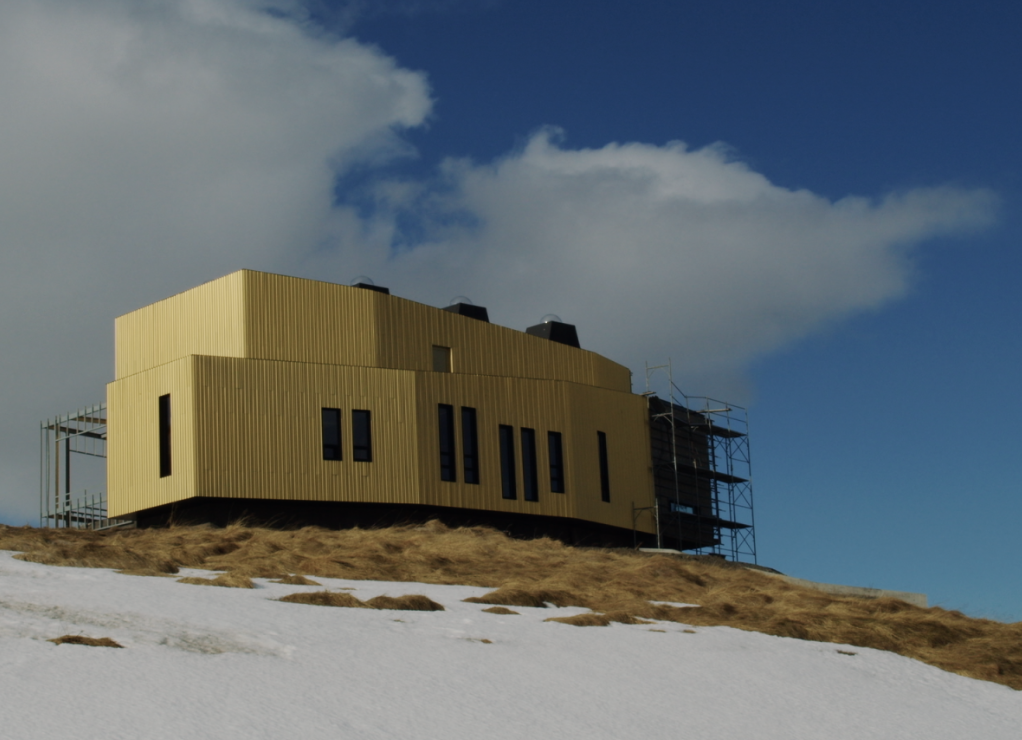
NAARCA Residencies 2025 Announced
Following an open call for applications, NAARCA is delighted to announce the selection of three artists taking part in the 2025 NAARCA residency exchange:
Hugo Llanes is a multidisciplinary artist exploring the intersections of belonging, grief, loss and psychological sustainability. During his four- week NAARCA Residency at Cove Park, he will develop a new body of work, which will be presented in a forthcoming solo exhibition in 2026. Hugo says:
‘As a Mexican artist, executing a political art practice from Iceland has led me to speak about the support of the Global South to this island in terms of goods, people, and culture. My practice rethinks cultural issues in Iceland from a migrant perspective, themes such as labour, otherness, disparity, and the sustainable communities that have emerged since I moved here in 2018.
I chose Cove Park in Scotland because it has been a host institution to Mexican artists such as Abraham Cruzvillegas and Ektor García… artists I admire, and who reflect critical perspectives rooted in Mexico, but also have a very international language. At Cove Park, I desire to foster critical conversations. Having a personal and intimate connection to Scotland, this residency provides me a nest and hub to work on my solo show.’
Oslo-based filmmaker Silvia Rossi will collaborate with visual artist Elena Mazzi during their four-week NAARCA Residency at the Narsaq International Research Station.
Silvia’s artistic practice centers on creating films that explore the intersection of nature, human connection, and environmental consciousness, particularly in response to ecological crises driven by human exploitation. Her work is motivated by the urgency of the climate crisis and a strong belief in the power of storytelling to inspire both adult and young audiences. Through her films, she seeks to deepen emotional connections to the natural world and encourage reflection on humanity’s responsibility to protect it.
During their residency, Silvia and Elena will adopt a community-engaged approach to explore Rob Nixon’s concept of slow violence – the gradual, often invisible environmental harm inflicted over time. Facilitating workshops for young people, they will examine the role of the Kvanefjeld mine within the local community, considering how it may become a symbol of the complexities and contradictions embedded in the Green Transition on a global level.
This programme builds on NAARCA’s ongoing work since 2021, addressing the climate crisis, biodiversity loss, and climate justice through the lens of the four pillars of sustainability: ecological, social, psychological, and cultural. These residencies, made possible with support from the Nordic Culture Fund, support cultural exchange, deep research and reflection, community engagement, and the creation of new work and ideas on climate action.








